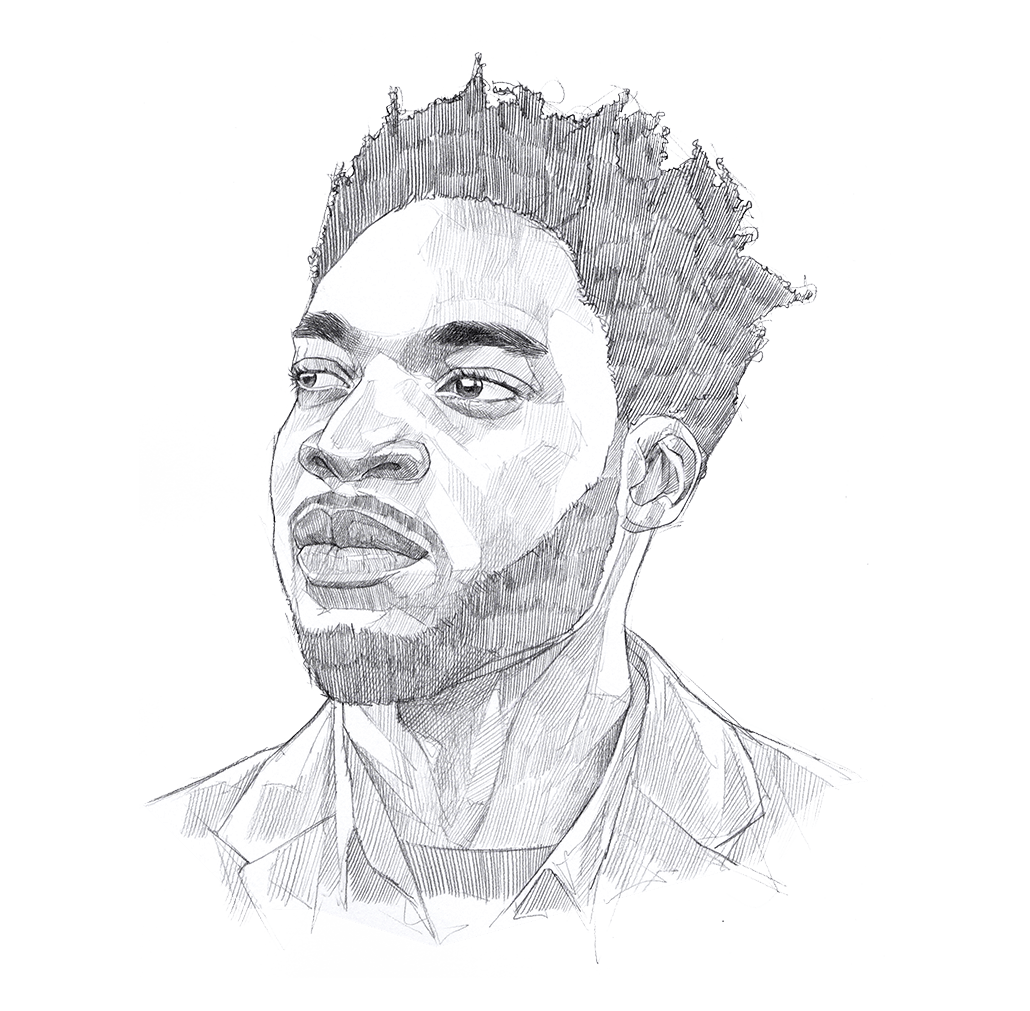SMU
People tend not to understand what – you know, there is a fine line between, like, being with a partner and that turning into sexual violence. You know, someone mentioned when you’re drunk and you…
I think the policy does not cover all students- maybe international students need to know more about it and how it works here.
What I feel is that we have come way too far in globalization, and there is a lot mingling and acceptance with us. Even the corporate culture – we are working on and with the…
I come from a more conservative background, and in our scenario, we probably wouldn’t even disclose let alone report. […]. As most of our communities are very tightly knit, information would spread out that this…
I think we may have different boundaries than others. I think its just getting an idea about where our boundaries are. Obviously, we don’t have the same viewpoints like maybe our grandmother did/does but it…
I guess people in this group [are] saying “progressive South Indians,” but there are lot of South Indian people who wouldn’t think this progressively, and wouldn’t be comfortable with all of this, and who have…
Participant 1: I would advise [supporters from other cultures] to consider the [victim/survivor’s] family backgrounds and their culture. And maybe […] they could help in talking to their parents too, and help them with the…
From my mom’s perspective, first, she wouldn’t be happy about me talking about it [sexual violence] to other people. You know, that’s our culture. You are not supposed to discuss this with other people, in…
What I personally feel is when you talk about a sexual kind of problem to your friends, like close people, their first reaction would be very impulsive and they only think in an emotional point…
My parents are very old-fashioned. If something like this was to happen to anyone in my family, they would want to make sure it wasn’t talked about. So, let’s say you choose to report; you…

